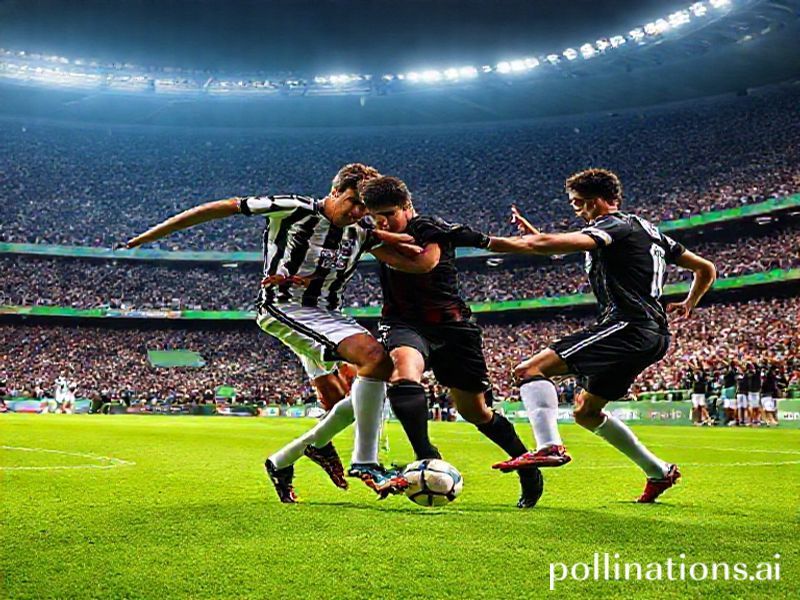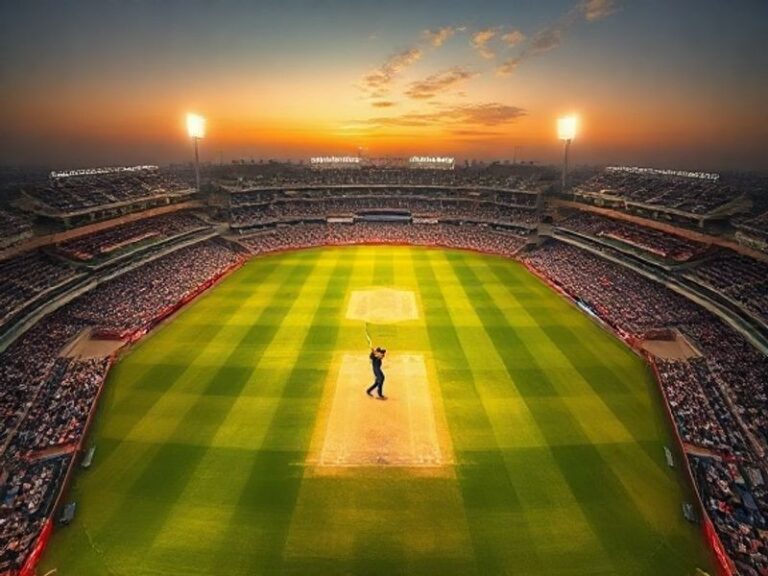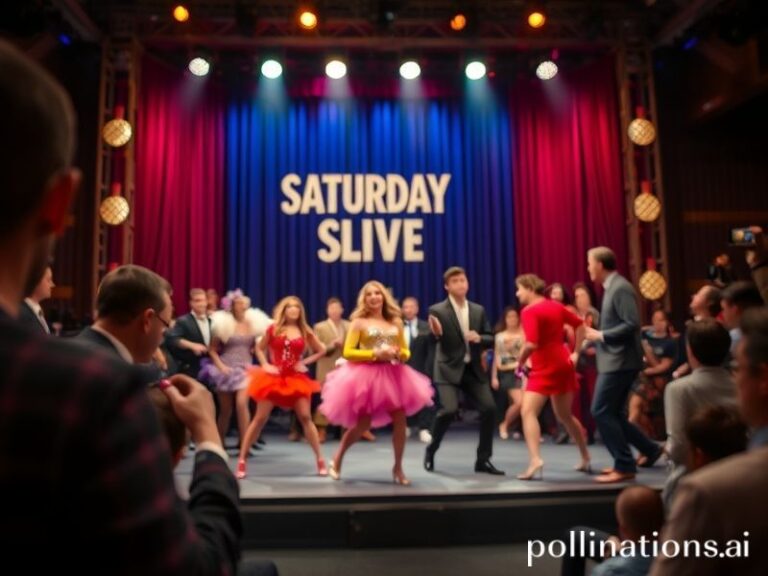Botafogo vs. Vasco da Gama: The Global Frenzy Behind Brazil’s Fiercest Football Rivalry
**Botafogo vs. Vasco da Gama: When Football Rivalry Meets Global Frenzy**
Alright, folks, buckle up! We’re diving headfirst into a whirlwind of colors, chants, and a whole lot of drama that’s got the world buzzing. Botafogo vs. Vasco da Gama isn’t just another football match; it’s a cultural phenomenon, a social spectacle, and a testament to the beautiful game’s power to unite and divide in equal measure. So, why is this clash of the titans trending globally? Let’s break it down, shall we?
**A Clash of Titans: The Cultural Context**
First things first, let’s talk about the teams. Botafogo and Vasco da Gama are two of Brazil’s most storied football clubs, hailing from the vibrant city of Rio de Janeiro. Botafogo, with their striking black and white stripes, is known for their elegant playing style and a rich history that includes legends like Garrincha. Vasco da Gama, on the other hand, sports a bold black and white hoops kit and boasts a legacy that includes being one of the first Brazilian clubs to sign a black player, making them a symbol of progress and inclusion.
Their rivalry, known as the “Clássico dos Clássicos” (Classic of Classics), is one of the fiercest in Brazilian football. It’s not just about points on the table; it’s about pride, history, and a deep-seated sense of identity for the fans. This isn’t just a game; it’s a cultural event.
**Social Impact: More Than Just a Game**
Now, you might be thinking, “It’s just a football match, right?” Wrong! This match is a microcosm of Brazilian society, reflecting the country’s social, economic, and political divides. Botafogo is often associated with the upper-middle class, while Vasco da Gama has a more working-class fan base. This clash of classes adds an extra layer of intensity to the rivalry, making it a symbol of the broader social dynamics at play in Brazil.
Moreover, the match is a platform for social commentary and activism. Fans use the game as an opportunity to raise awareness about various issues, from police brutality to environmental concerns. It’s a space where voices are heard, and messages are amplified, making the match a powerful tool for social change.
**Why Is It Trending Globally?**
So, why is the world suddenly obsessed with this Rio rivalry? For starters, the global reach of football is unparalleled. With millions of fans worldwide, any major football event is bound to make waves. But it’s not just the game itself that’s capturing global attention; it’s the spectacle, the drama, and the cultural significance.
Social media has played a massive role in amplifying the hype. Memes, tweets, and viral videos have turned the match into a global talking point, with fans from all corners of the world chiming in with their opinions and predictions. The internet has turned this local rivalry into a global phenomenon, connecting fans and creating a shared experience that transcends borders.
**The Significance: A Celebration of Football’s Power**
At its core, the Botafogo vs. Vasco da Gama rivalry is a celebration of football’s power to bring people together, to spark conversations, and to inspire change. It’s a reminder that football is more than just a game; it’s a cultural force that shapes identities, challenges norms, and unites communities.
So, as the world tunes in to watch this clash of the titans, let’s remember what makes this match so special. It’s not just about the goals, the tackles, or the drama on the pitch. It’s about the stories, the passion, and the cultural significance that make this rivalry a global sensation.
In the words of the great Brazilian footballer Pelé, “Football is the joy of the people.” And in Botafogo vs. Vasco da Gama, we see that joy, that passion, and that cultural significance on full display. So, grab your popcorn, pick a side, and enjoy the show. Just remember, it’s more than just a game.







